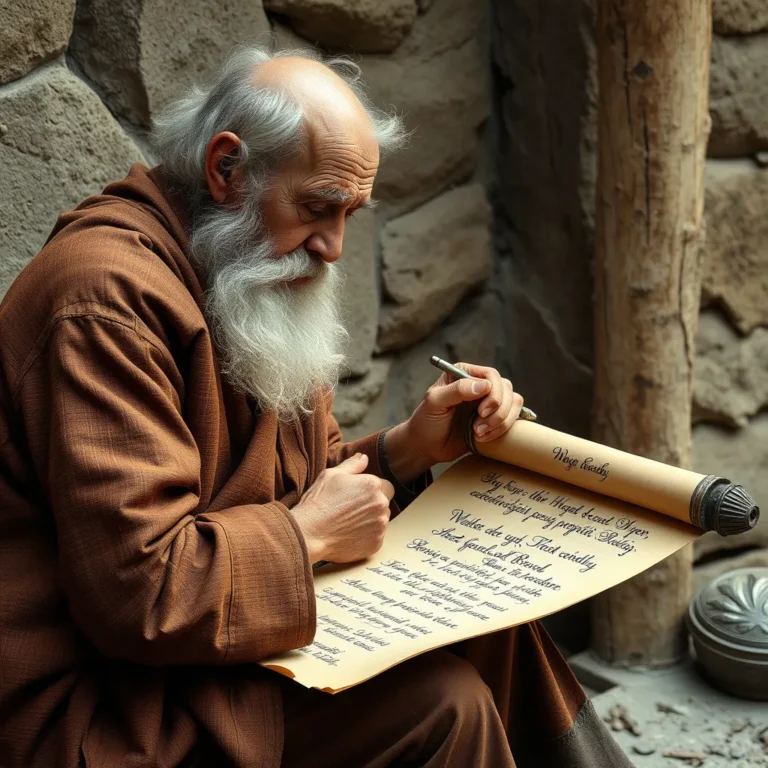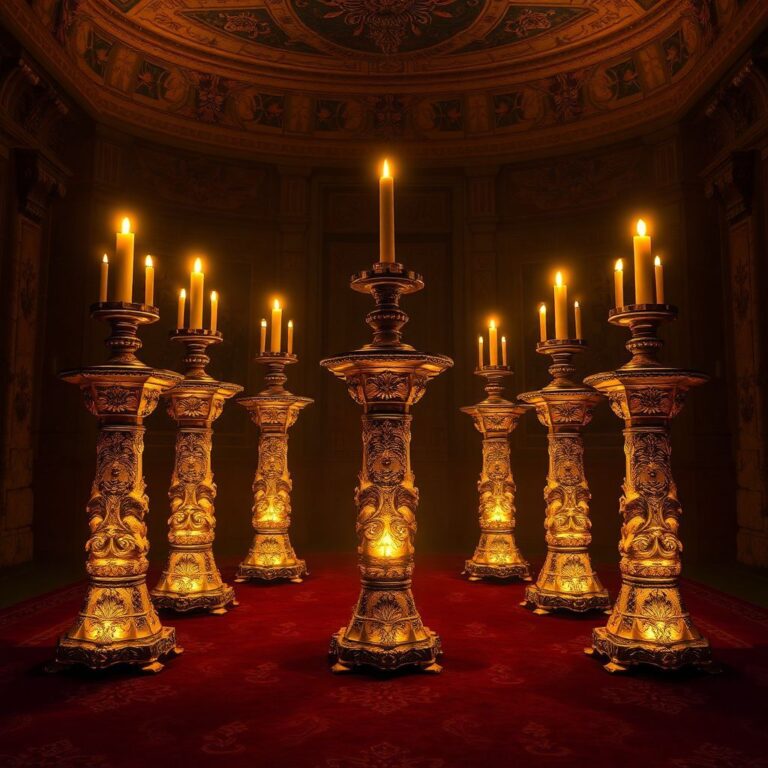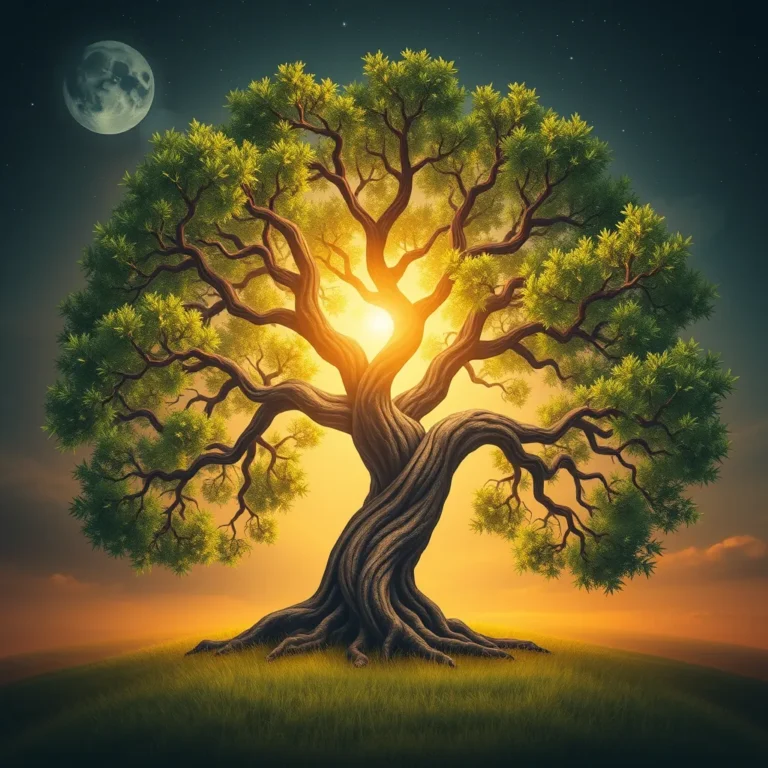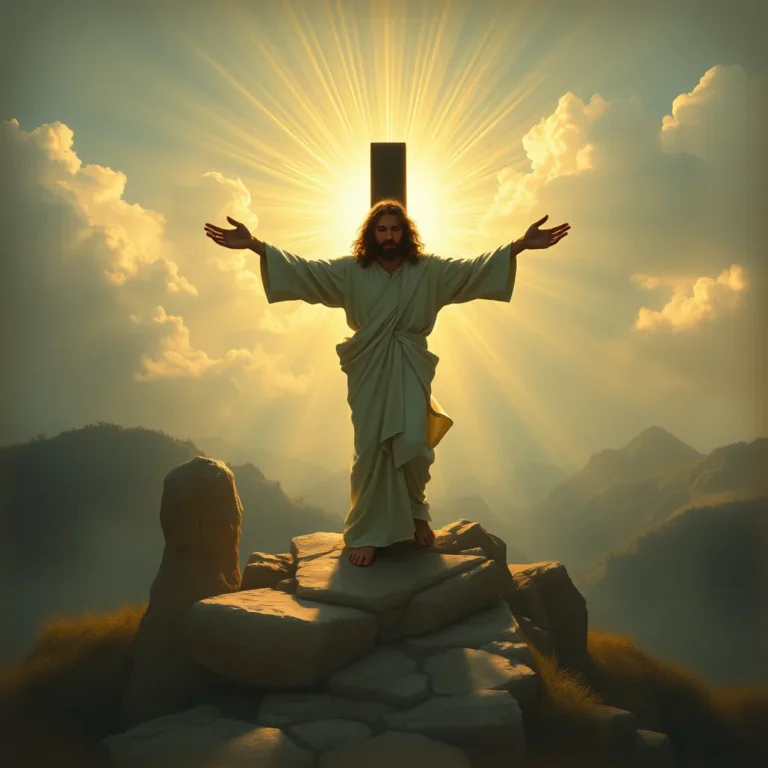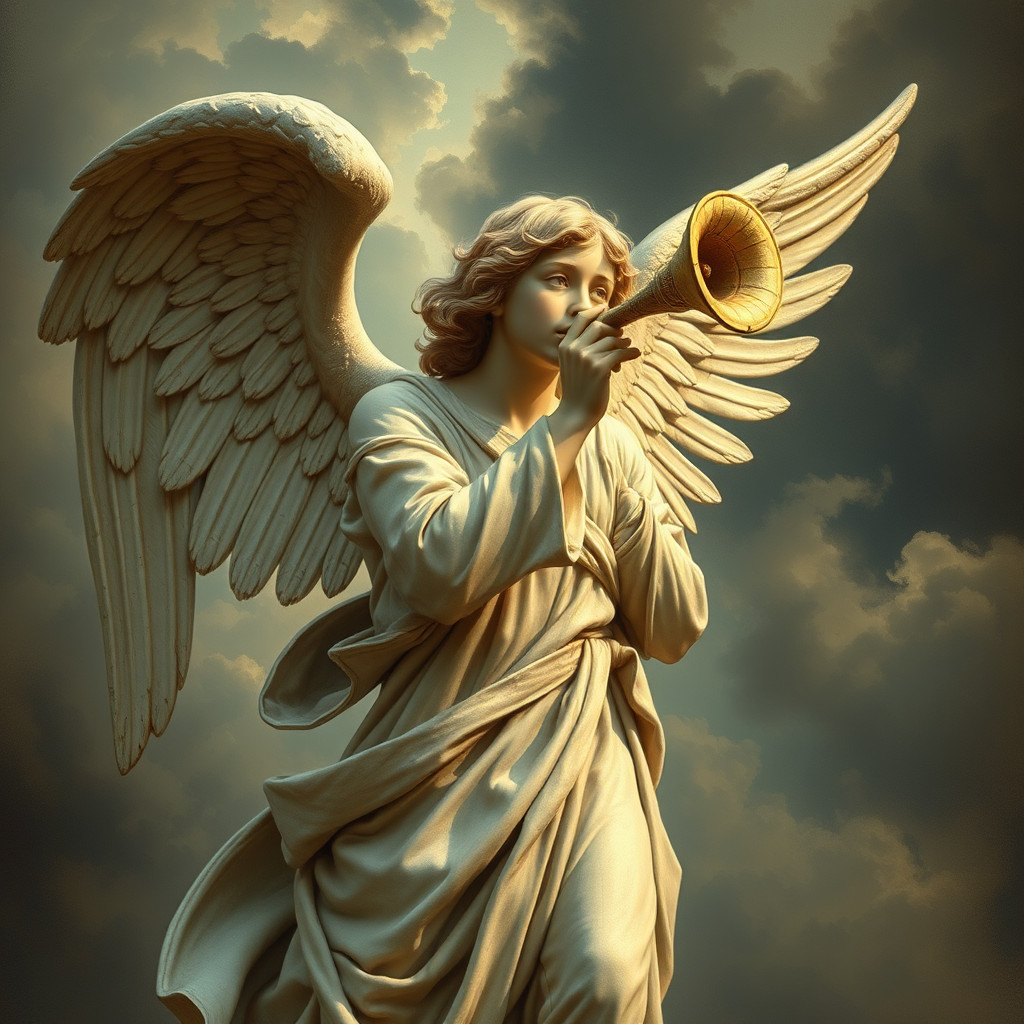
(*All Bible verses are from the NIV unless otherwise noted)
Chapter 11
13 At that very hour there was a severe earthquake and a tenth of the city collapsed. Seven thousand people were killed in the earthquake, and the survivors were terrified and gave glory to the God of heaven.
14 The second woe has passed; the third woe is coming soon.
15 The seventh angel sounded his trumpet, and there were loud voices in heaven, which said: “The kingdom of the world has become the kingdom of our Lord and of his Messiah, and he will reign for ever and ever.”
16 And the twenty-four elders, who were seated on their thrones before God, fell on their faces and worshiped God,
17 saying: “We give thanks to you, Lord God Almighty, the One who is and who was, because you have taken your great power and have begun to reign.
18 The nations were angry, and your wrath has come. The time has come for judging the dead, and for rewarding your servants the prophets and your people who revere your name, both great and small— and for destroying those who destroy the earth.”
19 Then God’s temple in heaven was opened, and within his temple was seen the ark of his covenant. And there came flashes of lightning, rumblings, peals of thunder, an earthquake and a severe hailstorm.
Rev 11:13
A severe earthquake, and a tenth of the city collapsed:
In Jewish tradition, special numbers hold significance, particularly through the practice of gematria, which involves assigning numerical values to letters and words to reveal mystical connections1. These numbers reappear in the tradition and have gained importance through their presence in key texts and rituals.
Along with the numbers three, seven, and twelve, the number ten is considered to be a complete and perfect number. It’s composed of the number 4, which symbolizes physical creation, and 6, the number of man2. Ten represents testimony, completeness of order, law, and responsibility3.
If the “great city, figuratively Sodom and Egypt,” symbolizes the world of Satan’s dominion, characterized by sin and bondage, the moment the testimony of Jesus began to spread like wildfire, the order and structure of Satan’s kingdom of lies and deceit started crumbling.
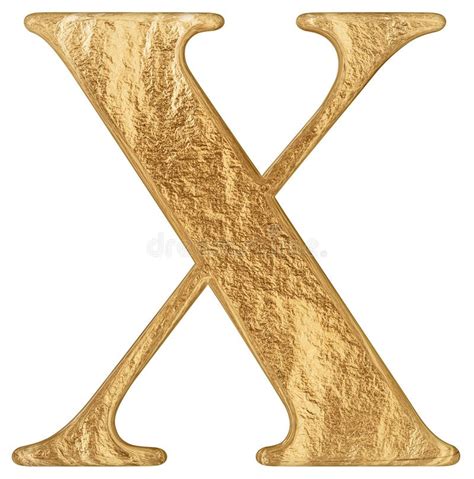
The truth gained momentum and flooded into the world, washing away darkness and bringing the light of God’s reality to the lives of those who would accept it. “ ‘Fallen! Fallen is Babylon the Great,’ which made all the nations drink the maddening wine of her adulteries.” (Rev 14:8)
Rev 11:13
Seven thousand people were killed…and the rest were terrified and gave glory to the God of heaven:
The symbolic number of seven thousand dead is the exact opposite of Elijah’s experience of seven thousand left alive:
1Kgs 19:18 Yet I will leave seven thousand in Israel, all the knees that have not bowed to Baal, and every mouth that has not kissed him.”
Seven thousand people in Israel remained faithful, which encouraged the prophet. God’s righteous elect were numerous—the prophet was not alone.
Now, the situation seems to be reversed. The evildoers are the seven thousand, and the survivors give glory to God. This is another picture illustrating the same concept – the declaration of God’s love and redemption “kills” the Enemy’s lies, and those who are sealed to the Father rejoice!
Rev 11:14
The second woe has passed… the third woe is soon to come:
The Greek term ouaí (oo-ah’-ee) is a primary exclamation of grief and dismay – “Alas”, “Oh no!”4 God’s messenger warned of the saints of the coming perils:
Rev 8:13 As I watched, I heard an eagle that was flying in midair call out in a loud voice: “Woe! Woe! Woe to the inhabitants of the earth, because of the trumpet blasts about to be sounded by the other three angels!”

The first exclamation of dismay came in Rev 9:1-12 with the Enemy rising from the abyss to attack the saints, symbolized by swarming locusts and stinging scorpions. Now, the second woe, the rise of Christ’s testimony and the destruction of Satan’s lies passes, and a third peril will be described soon.
Rev 11:15
The seventh angel blew his trumpet… “The kingdom of the world has become the kingdom of our Lord and of his Messiah”:

In the Old Testament, the sound of trumpets was a signal to advance against the enemy. They summoned the attention of the people and called them to join together and advance as one. The sounding of the ritual shofar (ram’s horn) signaled the High Holidays, motivating the people to repentance.5
Review the concept of parallelism. First, the seven seals (Chapter 6) and then the blowing of seven trumpets (8-11) illustrated God’s judgment on a rebellious world. The blowing of the seventh trumpet introduces the third illustration, using the image of “bowls” or “vials” of God’s wrath poured out on Satan’s kingdom.
Notice that each declaration ends with the promise of victory for Christ and his Church (Rev 7:9-12, Rev 11:15-19, and Rev 19:6-8). Each of these sections is interrupted by a dramatic pause in the narrative in order to explore in more detail the rebellion of the world against God and the victory of those who, despite everything they suffer, are redeemed by the grace of God through Christ Jesus.
Rev 11:15
The kingdom of the world has become the kingdom of our Lord and of his Messiah, and he will reign for ever and ever:
Dan 2:44 “In the time of those kings, the God of heaven will set up a kingdom that will never be destroyed, nor will it be left to another people. It will crush all those kingdoms and bring them to an end, but it will itself endure forever.
Psa 2:6 6 “I have installed my kingon Zion, my holy mountain.” 7 I will proclaim the LORD’s decree:He said to me, “You are my son;today I have become your father. 8 Ask me,and I will make the nations your inheritance,the ends of the earth your possession. 9 You will break them with a rod of iron;you will dash them to pieces like pottery.” 10 Therefore, you kings, be wise;be warned, you rulers of the earth. 11 Serve the LORD with fearand celebrate his rule with trembling. 12 Kiss his son, or he will be angryand your way will lead to your destruction,for his wrath can flare up in a moment.Blessed are all who take refuge in him.
Rev 11:16
And the twenty-four elders…fell on their faces and worshiped God…The time has come for judging the dead, and for rewarding your servants the prophets and your saints and those who reverence your name:
With the opening of the sixth seal in Rev 6:17, the great day of God’s Wrath was ushered in. Now, the end is declared for the second time, and Christ’s victory is assured (review parallelism). The blasts of the seventh trumpet proclaim the final judgment and declare God’s victory!
In Jewish tradition, the “Feast of Trumpets,” Rosh Hashanah, is the anniversary of the creation of Adam and Eve. It’s a Hebrew word meaning the beginning of the Jewish New Year. “Rosh” designates “head,” “ha” means “the,” and “shanah” means “year.” In the Hebrew Bible, it is known as Yom Teruah, which literally means “The day of yelling or blaring.”6
The “Feast of Trumpets” is celebrated for the first two days of Tishri, the first Jewish month, with the blowing of the Shofar on Yom Teruah. A dessert named “Mansanada” is a platter of apples dipped in honey. This is the most important part of the traditional meals, symbolizing the beginning of a sweet new year7.

Num 10:10 Also at your times of rejoicing—your appointed festivals and New Moon feasts—you are to sound the trumpets over your burnt offerings and fellowship offerings, and they will be a memorial for you before your God. I am the LORD your God.”
Consider the importance of this deeply ingrained ancient tradition, but now add the new significance of the temple as God’s people, the priesthood as all believers serving God, and the New Covenant of redemption in Christ:
1 Cor 3:16 Don’t you know that you yourselves are God’s temple and that God’s Spirit dwells in your midst?
1 Peter 2:5 you also, like living stones, are being built into a spiritual house to be a holy priesthood, offering spiritual sacrifices acceptable to God through Jesus Christ. 6 For in Scripture it says: “See, I lay a stone in Zion, a chosen and precious cornerstone, and the one who trusts in him will never be put to shame.” 7 Now to you who believe, this stone is precious. But to those who do not believe, “The stone the builders rejected has become the cornerstone,” 8 and, “A stone that causes people to stumble and a rock that makes them fall.” They stumble because they disobey the message—which is also what they were destined for. 9 But you are a chosen people, a royal priesthood, a holy nation, God’s special possession, that you may declare the praises of him who called you out of darkness into his wonderful light.
Luke 22:20 …the same way, after the supper he took the cup, saying, “This cup is the new covenant in my blood, which is poured out for you.
Rev 11:16
The twenty-four elders:
Refer to your list of symbols. Remember, the twenty-four elders most likely represent the redeemed Church as a whole, sharing Christ’s inheritance and reigning with him (Rev 4:4-8, and Rev 5:9-10).
These elders rejoice and praise God. However, this is not the end. There are eleven more chapters of the vision! Their joy anticipates the final outcome.
Rev 11:17
We give thanks to you, Lord God Almighty:
Matt 26:27 Then he took a cup, and when he had given thanks, he gave it to them, saying, “Drink from it, all of you. 28 This is my blood of the covenant, which is poured out for many for the forgiveness of sins.
1 Cor 1:4 I always thank my God for you because of his grace given you in Christ Jesus.
1 Cor 11:24 …and when he had given thanks, he broke [the bread] and said, “This is my body, which is for you; do this in remembrance of me.”
From the Greek word eucharisteo comes the word “eucharist,” which means to be grateful or to express gratitude8. Many Christian denominations use the term Eucharist when referring to the Lord’s Supper.
Rev 11:18
The time has come for judging the dead and for rewarding your servants the prophets and your saints and those who reverence your name, both small and great, and for destroying those who destroy the earth:
This seems to be an announcement of the Final Judgment. But in the timeless view of true prophecy, John is hearing a spiritual truth. Mercy and Judgment are essential elements of God’s Nature. Since God doesn’t live within the bounds of time as we measure it, in the truest sense, judgment isn’t simply a point in time at the end of history; it’s an eternal principle denoting the ongoing reality of the blessings of obedience and the consequences of sin.
Notice the relationship between the images describing the destructive nature of sin. The consequences of choosing to live Satan’s lies and deny God’s truth:
- It’s like four horsemen of conquest – sickness, famine, and death sweeping the earth; (Rev 6:1-8):
- It’s like a great mountain cast into the sea, turning waters into blood and killing living things (Rev 8:8);
- It’s like the bitterness of wormwood poisoning life (Rev 8:11);
- It’s like hordes of stinging locusts bringing devastation and death (Rev 9:7);
- It’s like the Destroyer rising from the Abyss to harass and persecute God’s people (Rev 9:11).
Tragically, the history of humankind’s journey is, in large part, the listing of momentous battles and conquering armies led by charismatic leaders lusting for power and glory. At casual reading, these conquests seem colorful and sometimes exciting. But consider the true underbelly of these constantly shifting regimes and empires and the almost unimaginable suffering and slaughter of the unnamed victims – the old, the women, and the children.
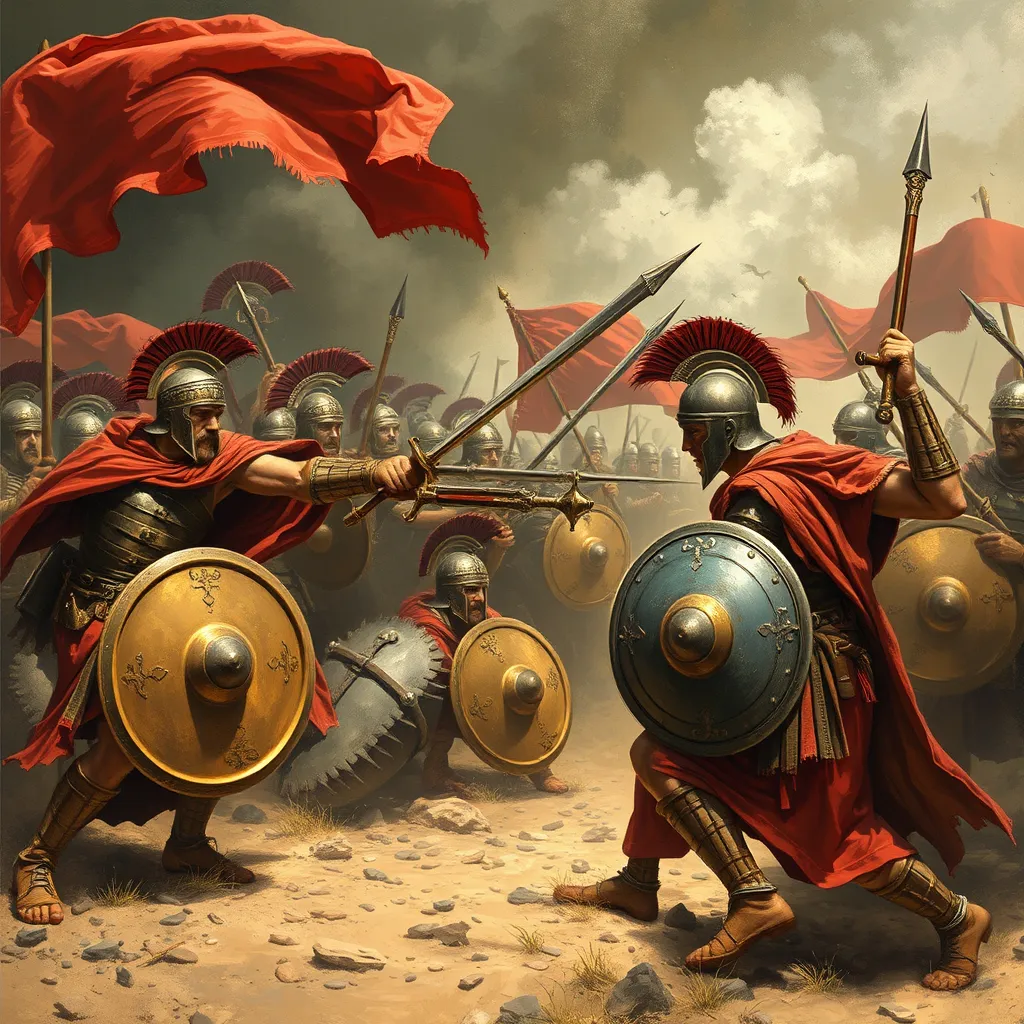
From the beginning of time, simple folk have never been left in peace to pursue their hopes and dreams. How is it that one single man or woman can rise to such power and influence that they can dictate the life and death of thousands who simply want to live in peace?
Mankind’s lot will never change as long as these destroyers, symbolized by the images listed above, and figuratively Babylon, Egypt, Sodom, and Rome, enjoy power. They must ultimately fall in order to free the children of God.
Rev 11:19
Then God’s temple in heaven was opened, and within his temple was seen the ark of his covenant :
Exod 25:16-22 Then put in the ark the tablets of the covenant law, which I will give you. 17 “Make an atonement cover of pure gold—two and a half cubits long and a cubit and a half wide. 18 And make two cherubim out of hammered gold at the ends of the cover. 19 Make one cherub on one end and the second cherub on the other; make the cherubim of one piece with the cover, at the two ends. 20 The cherubim are to have their wings spread upward, overshadowing the cover with them. The cherubim are to face each other, looking toward the cover. 21 Place the cover on top of the ark and put in the ark the tablets of the covenant law that I will give you. 22 There, above the cover between the two cherubim that are over the ark of the covenant law, I will meet with you and give you all my commands for the Israelites.
Num 10:35 Whenever the ark set out, Moses said, “Rise up, LORD! May your enemies be scattered; may your foes flee before you.”
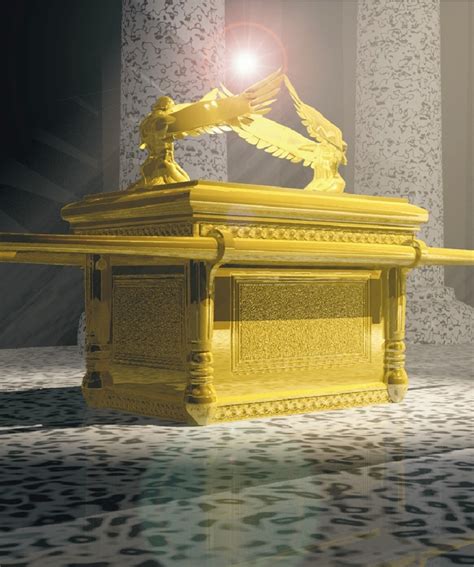
The Ark represented the Covenant God made with the Israelites and His presence among them. It was either destroyed around 586 B.C. during the Babylonian invasion or, as the Book of Maccabees states, Jeremiah hid it in Mount Sinai to await the restoration of Israel:
2 Maccabees 2:1-8 [RSV] 1 One finds in the records that the prophet Jeremiah ordered those who were being deported to take some of the fire, as has been mentioned, 2and that the prophet, after giving them the law, instructed those who were being deported not to forget the commandments of the Lord, or to be led astray in their thoughts on seeing the gold and silver statues and their adornment.
3And with other similar words he exhorted them that the law should not depart from their hearts. 4It was also in the same document that the prophet, having received an oracle, ordered that the tent and the ark should follow with him, and that he went out to the mountain where Moses had gone up and had seen the inheritance of God. 5Jeremiah came and found a cave-dwelling, and he brought there the tent and the ark and the altar of incense; then he sealed up the entrance. 6Some of those who followed him came up intending to mark the way, but could not find it. 7When Jeremiah learned of it, he rebuked them and declared: “The place shall remain unknown until God gathers his people together again and shows his mercy. 8Then the Lord will disclose these things, and the glory of the Lord and the cloud will appear, as they were shown in the case of Moses, and as Solomon asked that the place should be specially consecrated.”
According to Hebrews 8:5, “They serve at a sanctuary that is a copy and shadow of what is in heaven.” The Ark symbolized God’s blessings and faithfulness to abide among His people.
In ancient times, God’s people were called “saints,” those who were holy and pious, including those who had access to the Temple sanctuary. The New Covenant in Christ redefines this image:
Eph 2:22 And in him you too are being built together to become a dwelling in which God lives by his Spirit.
Heb 4:16 Let us then approach God’s throne of grace with confidence, so that we may receive mercy and find grace to help us in our time of need.
Heb 10:19-22 Therefore, brothers and sisters, since we have confidence to enter the Most Holy Place by the blood of Jesus, 20 by a new and living way opened for us through the curtain, that is, his body, 21 and since we have a great priest over the house of God, 22 let us draw near to God with a sincere heart and with the full assurance that faith brings, having our hearts sprinkled to cleanse us from a guilty conscience and having our bodies washed with pure water.
Rev 11:19
And there came flashes of lightning, rumblings, peals of thunder, an earthquake and a severe hailstorm:
With the breaking of the seventh seal (8:1) and the sounding of the seventh trumpet (11:15), the vision seems to bring us to an end twice. It will happen a third time with the images of the seventh bowl.
In each case, the end does not completely come, and a new vista is opened to John.
G.B. Caird sums up chapter eleven with this thought:
John knows that the victims of persecution may be tempted to think that God has forgotten both their undeserved plight and his own justice. The truth is, not that God cares less for justice, but that he cares more for mercy, not that he has ceased to care for the martyrs, but that he cares also for their persecutors. With justice alone as his guide, he would long since have closed the books and called men to their final account. But he holds his hand, cancels his conclusions, to give men time to repent; and, because he holds his hand, the innocent suffer. Martyrdom, like the Cross, is the price of the divine forbearance.”9
Footnotes
- Significant Numbers in Judaism: https://www.myjewishlearning.com/article/judaism-numbers/, accessed October 15, 2024. ↩︎
- Ten: The Meaning of Numbers in the Bible, https://www.biblestudy.org/bibleref/meaning-of-numbers-in-bible/10.html. Accessed Jun. 2023. ↩︎
- Ibid. ↩︎
- Woe: Strong’s G3759 and H1945. ↩︎
- MyJewishLearning.com, https://www.myjewishlearning.com/article/shofar/, accessed Mar. 15, 2023. ↩︎
- Rosh Hashanah: https://www.chabad.org/library/article_cdo/aid/4762/jewish/What-Is-Rosh-Hashanah.htm, accessed Jun. 12, 2023. ↩︎
- Ibid. ↩︎
- Strong’s G2168, εὐχαριστέω, eucharisteo (yoo-khar-is-teh’-o). ↩︎
- Caird, G.B., The Revelation of St. John The Divine, Harper and Row, New York, 1966, p. 146. ↩︎
*All Scripture quotations, unless otherwise indicated, are taken from the Holy Bible, New International Version®, NIV®. Copyright ©1973, 1978, 1984, 2011 by Biblica, Inc.™ Used by permission of Zondervan. All rights reserved worldwide. www.zondervan.comThe “NIV” and “New International Version” are trademarks registered in the United States Patent and Trademark Office by Biblica, Inc.™

